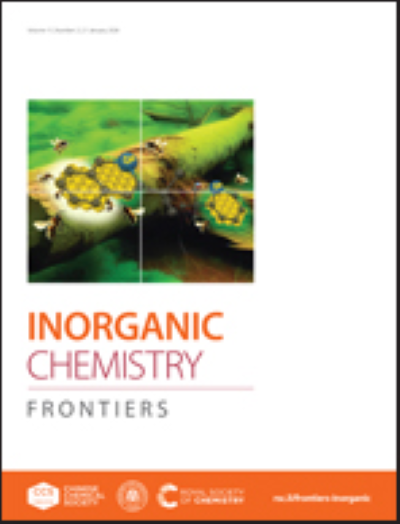A platinated prodrug leveraging PROTAC technology for targeted protein degradation and enhanced antitumor efficacy
IF 6.1
1区 化学
Q1 CHEMISTRY, INORGANIC & NUCLEAR
引用次数: 0
Abstract
Proteolysis targeting chimeras (PROTACs), which catalytically degrade disease-related proteins, can overcome the limitations of traditional small-molecule inhibitors and thus have revolutionized the field of targeted therapy. Building on this advancement, we present platinated PROTAC [PROTAC-Pt(IV)], a new class of “dual-action” prodrug that leverages the ubiquitin–proteasome system-mediated degradation capabilities of PROTAC and takes the advantages of Pt-based anticancer prodrugs. PROTAC-Pt(IV) exhibits exceptional cytotoxicity, with half-maximal inhibitory concentration values in the nanomolar range. It outperformed conventional inhibitor-based Pt(IV) prodrugs by up to three orders of magnitude by efficiently degrading the target protein BRD4 in a range of human cancer cells. PROTAC-Pt(IV) induces cancer cell death through mechanisms including augmented apoptosis, p21-mediated cell cycle arrest, and immune activation via PD-L1 downregulation. Compared with PROTAC alone, PROTAC-Pt(IV) more effectively suppressed the growth of tumor xenografts in a mouse model via its altered pharmacokinetic properties. Collectively, the development of PROTAC-Pt(IV) marks a revolution in dual-action Pt(IV) anticancer prodrugs and offers a promising avenue for enhanced and targeted cancer therapies.求助全文
约1分钟内获得全文
求助全文
来源期刊

Inorganic Chemistry Frontiers
CHEMISTRY, INORGANIC & NUCLEAR-
CiteScore
10.40
自引率
7.10%
发文量
587
审稿时长
1.2 months
期刊介绍:
The international, high quality journal for interdisciplinary research between inorganic chemistry and related subjects
 求助内容:
求助内容: 应助结果提醒方式:
应助结果提醒方式:


